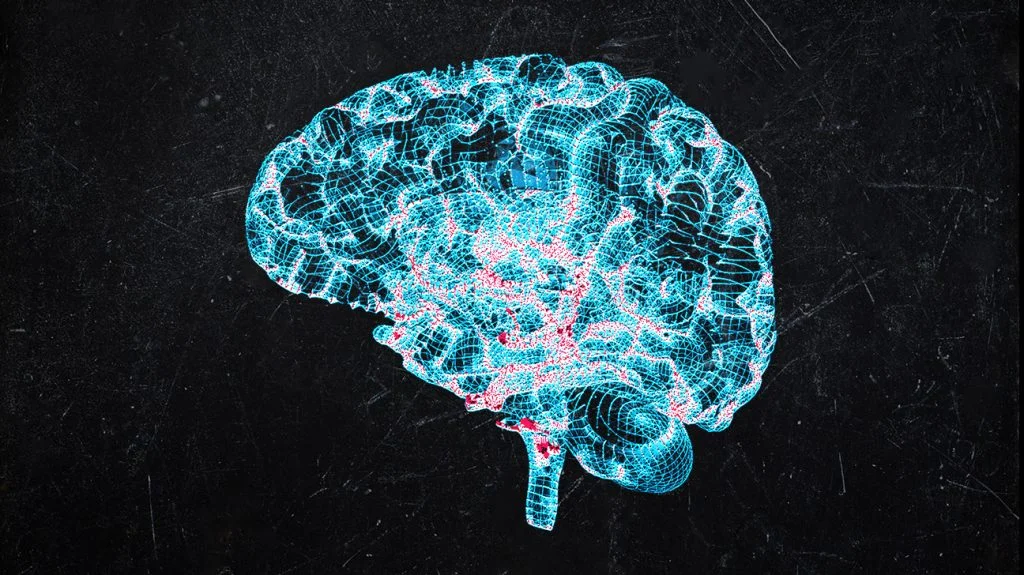

The world of medical diagnostics is on the brink of a revolutionary transformation, thanks to the advancements in artificial intelligence (AI). A recent breakthrough, as reported by ScienceDaily, highlights a novel AI model that can detect cancer with remarkable speed and accuracy. This innovation promises to significantly enhance early diagnosis, offering hope for better patient outcomes.
Early detection of cancer is crucial for effective treatment and improved survival rates. Traditional diagnostic methods, although effective, often involve time-consuming procedures and can sometimes miss early-stage cancers. The need for faster, more accurate diagnostic tools has driven researchers to explore AI’s potential in this critical area of healthcare.
The new AI model leverages deep learning algorithms to analyze medical images and detect cancerous cells. Unlike traditional methods that rely heavily on human interpretation, this AI system can process vast amounts of data in a fraction of the time, identifying subtle patterns that might be overlooked by the human eye.
Speed and Efficiency: One of the most significant advantages of this AI model is its speed. It can analyze complex medical images in seconds, providing rapid results that are crucial for timely treatment decisions.
High Accuracy: The AI model has demonstrated a high degree of accuracy in detecting various types of cancer, including those that are often challenging to diagnose at an early stage. This precision reduces the risk of false positives and negatives, ensuring that patients receive the correct diagnosis and treatment.
Non-Invasive Diagnosis: By analyzing imaging data, the AI model offers a non-invasive diagnostic option, reducing the need for biopsies and other invasive procedures. This not only minimizes patient discomfort but also lowers the risk of complications.
Scalability: The AI system can be easily scaled and integrated into existing healthcare infrastructure. This makes it accessible to a wide range of healthcare facilities, from large hospitals to smaller clinics, potentially transforming cancer diagnostics on a global scale.
The introduction of this AI model into clinical practice could have profound implications for patient care. Early and accurate detection of cancer allows for more effective treatment planning, potentially improving survival rates and quality of life for patients. Moreover, the rapid diagnostic process can alleviate the anxiety associated with waiting for test results, providing patients and their families with timely information and peace of mind.
This breakthrough in cancer detection is just the beginning. Researchers are continually refining AI algorithms to enhance their diagnostic capabilities further. Future developments may include AI models that can predict the likelihood of cancer recurrence, tailor treatment plans to individual patients, and even discover new biomarkers for various cancers.
As AI technology advances, its integration into oncology and other medical fields will likely become more sophisticated, offering unprecedented opportunities for early diagnosis and personalized treatment. However, the successful implementation of AI in healthcare also requires addressing ethical considerations, such as data privacy and the need for continuous validation to ensure reliability and accuracy.
The development of an AI model capable of detecting cancer at lightning speed represents a significant milestone in medical diagnostics. By combining the power of deep learning with advanced imaging techniques, this innovation promises to revolutionize early cancer detection, ultimately saving lives and improving patient outcomes. As we continue to harness the potential of AI in healthcare, the future looks bright for more accurate, efficient, and patient-centered diagnostic solutions.

Copyright © Ashakiran JHC Hospital | All Rights Reserved